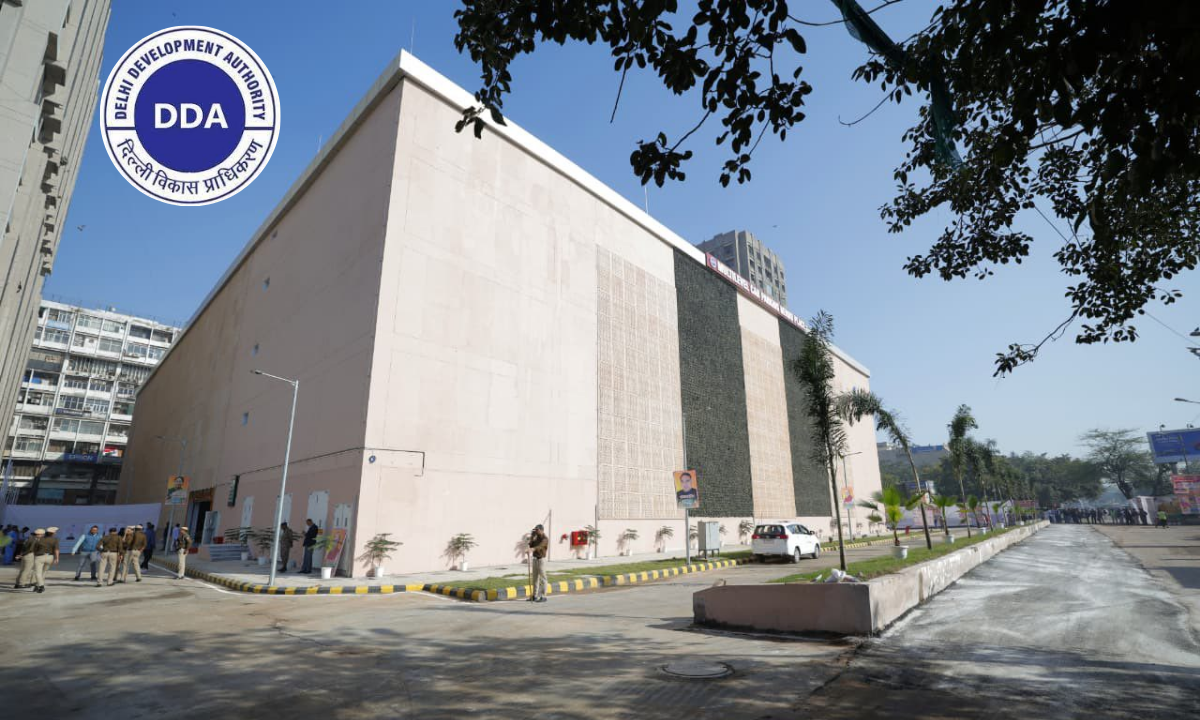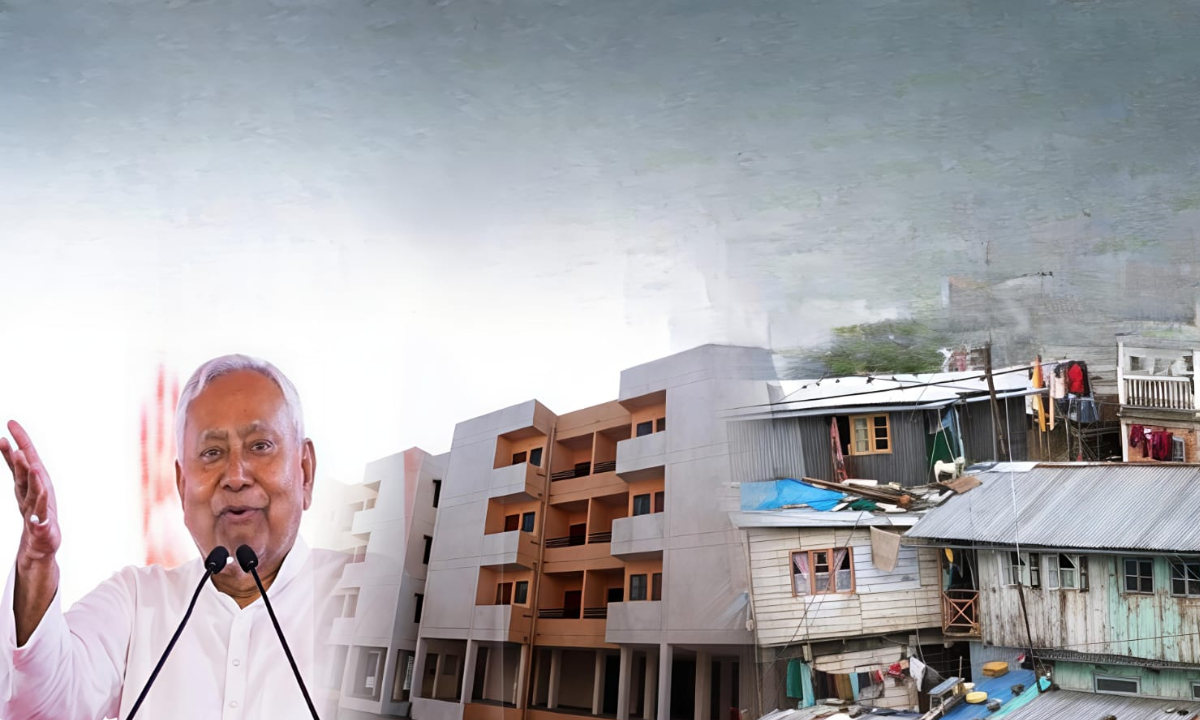The ongoing financial debacle in Noida, where the local authority is trying to recoup a colossal ₹8,300 crore in dues from commercial real estate developers, casts a spotlight on the intricate challenges faced by urban governance in managing and sustaining urban development. This situation is not just a matter of unpaid dues; it's a symptom of deeper systemic issues that include legal battles, bankruptcy proceedings, and the economic viability of large-scale real estate projects.
The Scale of Default
The magnitude of the default by these developers is profound. The largest default involves a commercial project in Sector 94, which alone owes more than ₹2,100 crore. This project, like others, was initially agreed upon payment by instalments. However, after falling into financial distress, payments ceased, leading to substantial accumulated dues. Such defaults represent not only a significant financial loss for the Noida Authority but also reflect the volatile nature of real estate economics, where projects can often become unfeasible due to various unforeseen factors including market fluctuations, mismanagement, or broader economic downturns.
Legal and Financial Impediments
The developers have been able to delay repayments due to protective legal measures such as stay orders from the Allahabad High Court and proceedings at the NCLT. These legal avenues provide temporary relief for the developers but create prolonged battles for the authorities trying to enforce financial obligations. The process often gets entangled in the complexities of legal procedures, making it difficult for the authority to swiftly recover the dues.
Furthermore, the admission of bankruptcy proceedings by the NCLT for some projects introduces another layer of complexity. This not only shields the defaulting firms from immediate payment obligations but also prioritizes the interests of other creditors, potentially sidelining the claims of the Noida Authority.
Strategic Responses and Future Directions
In response, the Noida Authority is intensifying its legal efforts. It has tasked its legal department with a detailed review of all pertinent court cases to devise effective strategies to lift stay orders and push for the prioritization of their dues in bankruptcy proceedings. Such steps are crucial to mitigate the financial hemorrhage and restore fiscal health to the authority's accounts.
The authority is also contemplating more drastic measures such as the cancellation of allotments for undeveloped lands. This would not only penalize the defaulting developers but also pave the way for these projects to be reassigned to more financially stable parties. The aim is to ensure that these commercial spaces do not remain unproductive but are developed in a manner that they can start generating revenue.
Broader Implications
This struggle is emblematic of the challenges faced by urban planners and municipal authorities globally as they navigate the precarious balance between promoting development and ensuring financial and legal compliance. The Noida case serves as a cautionary tale about the risks involved in large-scale urban real estate projects and highlights the need for robust financial oversight, stricter compliance mechanisms, and more resilient legal frameworks to safeguard public and private interests in urban development projects.
As the Noida Authority forges ahead with its recovery efforts, the outcome of this battle will likely influence policy and strategy considerations for real estate development not just in Noida, but potentially in other urban centers facing similar challenges.









.png)